Tough competition: Becoming one of 2,300 delegates at the 20th Party Congress
As the elections for delegates to the five-yearly 20th Party Congress enters its last phase, Zaobao correspondent Yu Zeyuan takes stock of impacts that the grim pandemic situation in Shanghai may bring, as well as the changes to delegate composition and safeguards against identity fraud that the authorities have put in place.
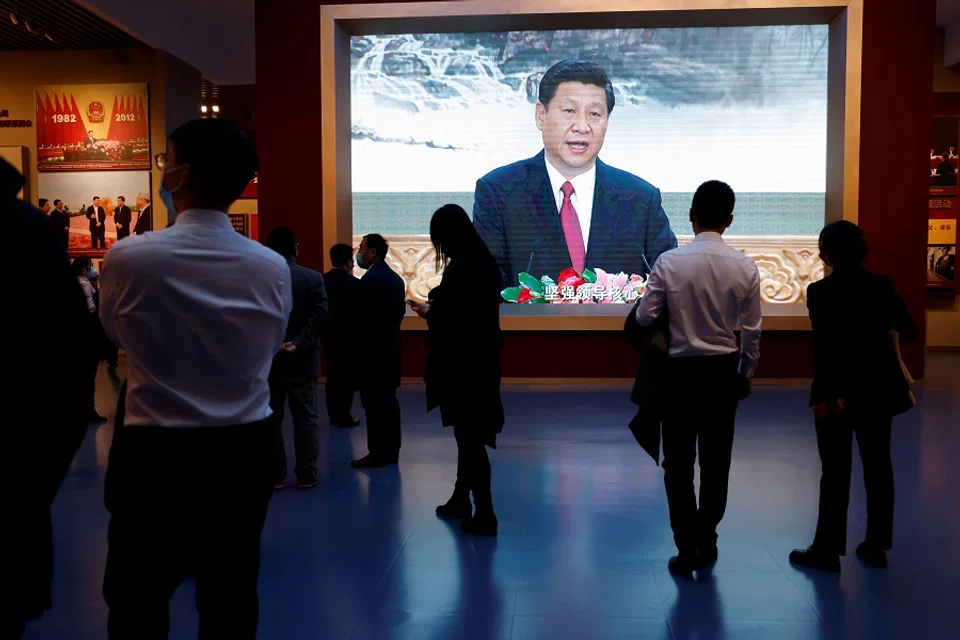
As the Communist Party of China (CPC)'s 20th Party Congress approaches, all 38 electoral units of the CPC - including provinces, municipalities, autonomous regions, CPC Central Committee departments and the People's Liberation Army (PLA), among others - are holding elections to select delegates that will attend. This process is expected to be completed in late June.
The CPC has yet to announce when the 20th Party Congress will be held. Based on the past, the CPC will decide on this when the Politburo meets in late August. Barring a major Covid-19 outbreak or other extraordinary circumstances, the 20th Party Congress will be held in late October this year.
Officials have announced that 2,300 delegates will be elected to attend the meeting, as was the case for the 19th Party Congress in 2017. Back then, the CPC had roughly 89.5 million members. But as of June 2021, the CPC has amassed over 95.14 million members. While the CPC's membership has increased, the quota for delegates attending the 20th Party Congress has not. This means that competition for slots will be stiffer than in 2017.
More delegates expected from Shandong, Guangdong and Henan
The 38 electoral units comprise 31 provinces, municipalities and autonomous regions, as well as departments under the CPC Central Committee, central authorities, the PLA, the People's Armed Police; the central financial sector, and Beijing-based centrally-administered state-owned enterprises.
While the All-China Federation of Taiwan Compatriots (ACFTC), the Liaison Office of the Central People's Government in the Hong Kong Special Administrative Region (LOCPG) and the Liaison Office of the Central People's Government in the Macao Special Administrative Region (LOCPG Macau) were independent electoral units at the 18th and 19th Party Congress, they will be combined into one electoral unit this time around.
Also of note is that the number of seats allocated to each electoral unit is not evenly distributed but depends on the number of party organisations and party members in each unit. Thus, there will inevitably be a higher number of party members in populous provinces, which translates into more members who can be elected as delegates. For example, populous provinces such as Shandong, Guangdong and Henan will see more delegates than other provinces.
This year, the higher-ups have requested that... members from the manufacturing and frontline sectors make up no less than one-third of the delegates.
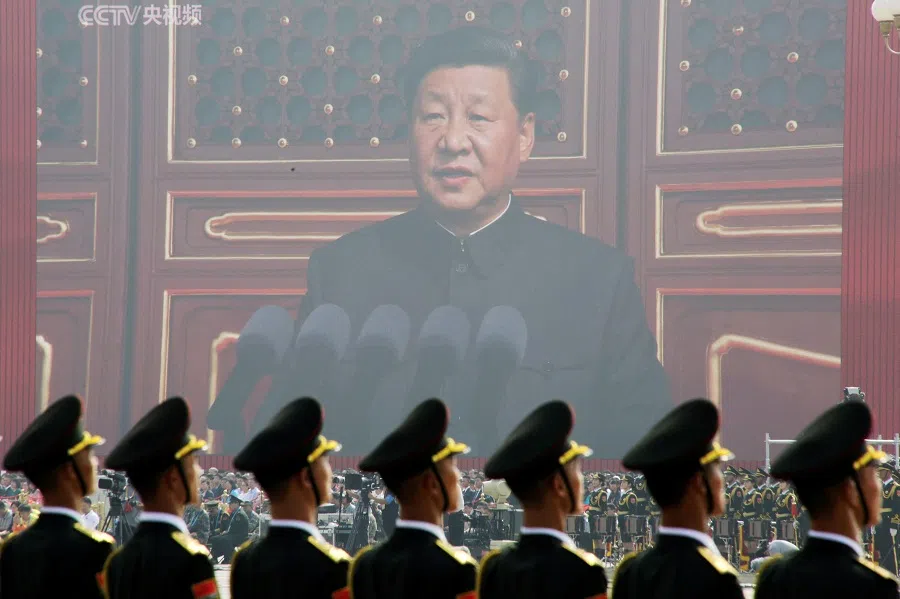
The delegate composition of past party congresses shows that the leaders, especially the major officials of the CPC Central Committee, provinces and municipalities make up the bulk of the delegates.
Composition of delegates
This year, the higher-ups have requested that leaders and cadres make up no more than two-thirds of the delegates representing provinces, municipalities, the central financial sector and state-owned enterprises, while members from the manufacturing and frontline sectors make up no less than one-third of the delegates.
Officials did not announce the proportion of delegates from departments under the CPC Central Committee, central authorities, the PLA, the People's Armed Police and other electoral units. Due to the centralisation of power in these electoral units and their numerous management personnel, leaders and cadres will make up over two-thirds of the delegates they elect.
Observably, as per past practice, leaders and cadres will still account for nearly two-thirds of the 2,300 delegates participating in this year's meeting. Among them will include nearly 380 new members and alternate members of the new CPC Central Committee.
This includes over 200 Central Committee members which includes new Politburo members and members of the Politburo Standing Committee; State Council members; major party and government officials of each province, municipality and autonomous region; ministers of various central government departments; major officials of groups and organisations such as the All-China Federation of Trade Unions, the Communist Youth League and the All-China Women's Federation; members of the Central Military Commission (CMC); major officials of the departments of the CMC; all service branches of the PLA; major officials of the PLA's theatre commands; and major officials of the People's Armed Police.
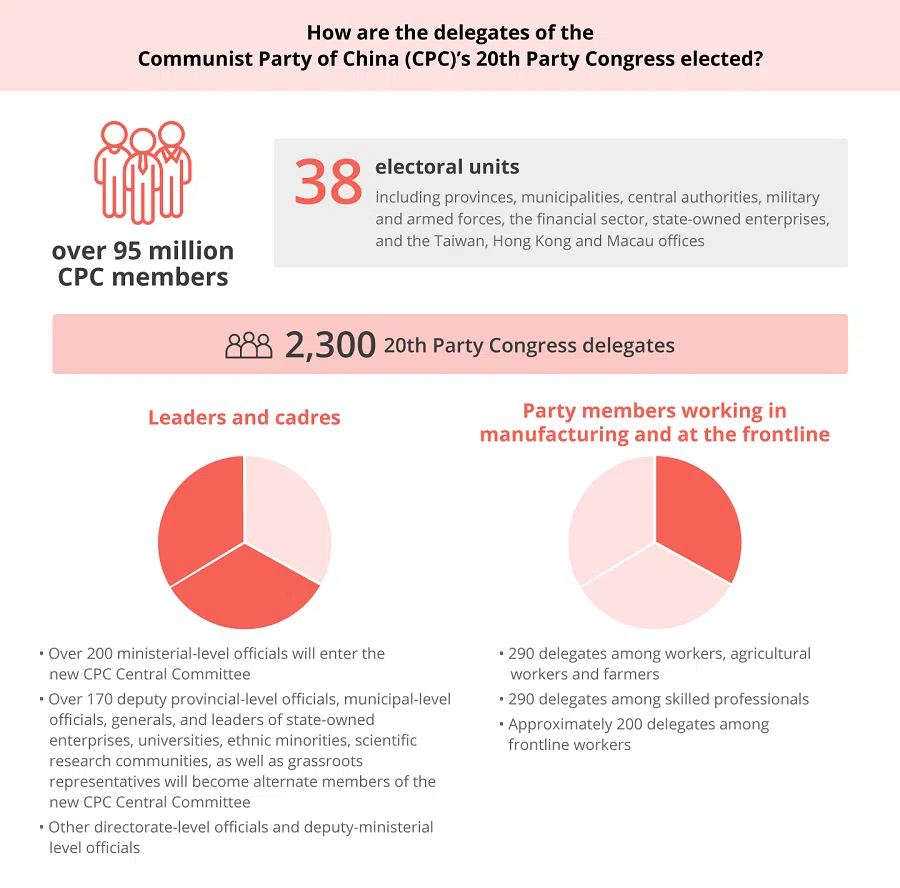
Compared with members of the Central Committee who are all at least a ministerial-level official, the roughly 170 alternate members of the Central Committee have more diverse backgrounds.
This group includes various deputy party secretaries of provincial party committees; party secretaries of the 15 sub-provincial cities and some provincial capitals; some deputy commanders and military generals of the PLA and the People's Armed Police; some heads of state enterprises and universities; some minority representatives; some scientific research community representatives; a few major officials of municipalities and counties; and grassroots representatives.
...the focus of the election of delegates is on electing party members working in manufacturing and at the frontline and some lower-level cadres.
Apart from new Central Committee members, leaders and cadres among the delegates to the 20th Party Congress also include ministers of various central government departments; some deputy-ministerial level and directorate-level officials of centrally-administered state-owned enterprises; and major party and government officials at the local and municipal levels of various provinces, municipalities and autonomous regions. The proportion of directorate- and deputy-ministerial officials among the delegates is also huge.
As stipulated by the higher-ups and based on the last meeting, it is estimated that party members from the manufacturing and frontline sectors will indeed account for roughly one-third of the delegates. This will comprise roughly 290 delegates among party members who are workers (including farmers) and agricultural workers; roughly 290 delegates among skilled professionals; and roughly 200 delegates among various frontline workers.
Political integrity of candidates most important
While all delegates to the 20th Party Congress are selected through elections, it is almost certain that the over 200 incoming members of the new CCP Central Committee will be elected. Standing committee members of various provincial, municipal and autonomous region party committees, as well as party secretaries on the local and municipal levels, will most likely be elected as well. Thus, the focus of the election of delegates is on electing party members working in manufacturing and at the frontline and some lower-level cadres.
The CPC Central Committee puts political integrity first. Candidates who lack political integrity will be banned from being nominated.
...delegates are expected to consciously align themselves with the CPC Central Committee which has Chinese President Xi Jinping at its core in their thinking, political behaviour and actions.
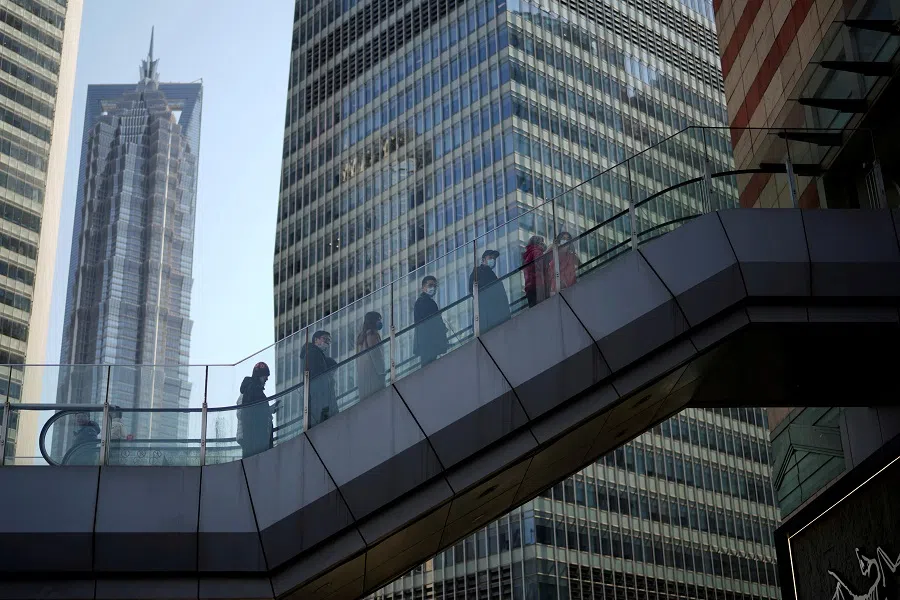
Political integrity refers to the candidate's ability to adhere to the "Two Upholds": "resolutely upholding Comrade Xi Jinping's core position on the CPC Central Committee and in the party as a whole" and "upholding the Central Committee's authority and its centralised, unified leadership to ensure that all party members act in unison".
In other words, delegates are expected to consciously align themselves with the CPC Central Committee which has Chinese President Xi Jinping at its core in their thinking, political behaviour and actions.
Delegates must also be "clean and honest" and subjected to strict screening and selection processes in order that corrupt officials would be weeded out.
Errant delegates investigated and removed
In recent years, some high-ranking officials elected as Central Committee members or delegates to party congresses were found to have committed serious political and economic fraud after losing their positions.
Last year, Fu Zhenghua, a member of the 19th CPC Central Committee and China's former justice minister, was investigated by the Central Commission for Discipline Inspection (CCDI). The latter found that he had never genuinely stayed loyal to the CPC and people, lacked the "Four Consciousness" (of the ideology, the whole, the core and the line), deviated from the "Two Upholds" and displayed an "extremely inflated political ambition and very poor political integrity".
Also in 2021, Zhou Jiangyong, a member of the Standing Committee of the Zhejiang Provincial Committee and Hangzhou party secretary, was accused of accepting huge bribes for almost two decades after becoming the deputy county magistrate, and for being promoted nonetheless and elected as a delegate to the 19th Party Congress.
Since the 18th Party Congress in 2012, 17 Central Committee members have been removed from their positions over the course of five years.
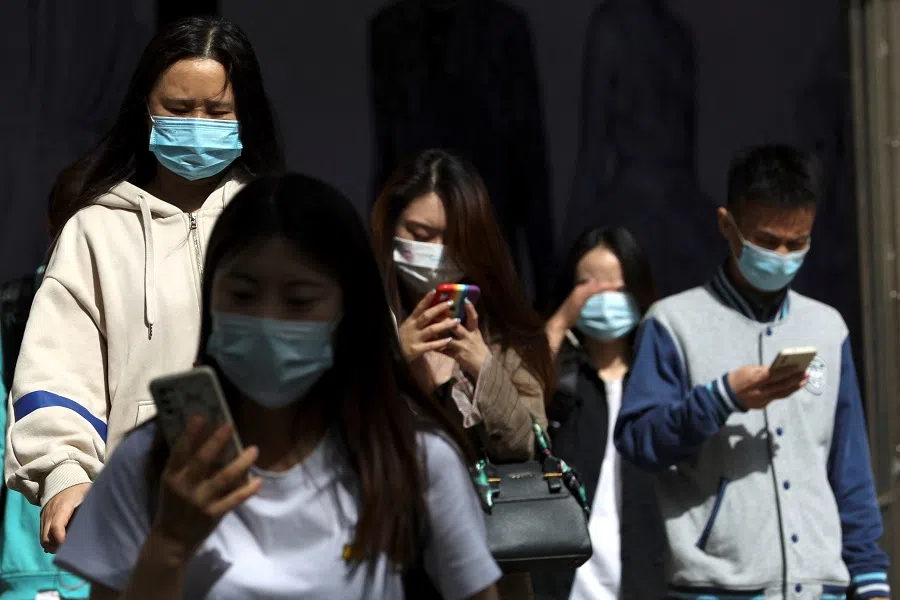
Since the 18th Party Congress in 2012, 17 Central Committee members have been removed from their positions over the course of five years. Since the 19th Party Congress in 2017, investigations have also been launched into three Central Committee members: Liu Shiyu, Fu Zhenghua and Shen Deyong.
CCDI investigations concluded that these senior officials have long had dodgy political, economic and behavioural problems. However, because they occupied high positions, they often evaded scrutiny and investigations. Thus, they were still able to participate in party congresses and even enter the Central Committee.
For the 20th Party Congress, apart from setting the percentage of seats to be taken up by leaders, cadres and party members working in manufacturing and at the frontline, the authorities also stated that a certain proportion of the seats should be held by female and minority group party members, in addition to those set aside for the representatives from the economic, technological, defence, legal, education, cultural, healthcare, sports and social management sectors.
...the Organisation Department has to undertake rigorous screening of the candidates, and take in the views of grassroots party organisations, party members and the public.
Instituting a rigorous selection process
The authorities have also made clear that delegates to the 20th Party Congress should be elected based on a bottom-up, integrated, rigorous and tiered selection process.
Specifically, it is to widely mobilise grassroots party organisations and party members to nominate potential candidates and select them tier by tier based on the opinions of the majority of party organisations and party members.
Also, the Organisation Department has to undertake rigorous screening of the candidates, and take in the views of grassroots party organisations, party members and the public. Next, the electoral units would convene a party committee or a party congress to conduct a vote, with at least 15% more candidates than the number of delegates finally chosen.
Since a delegate's status brings honour and a higher social standing, there will always be people striving to get elected. Some go as far as to assume a fake identity during the election process.
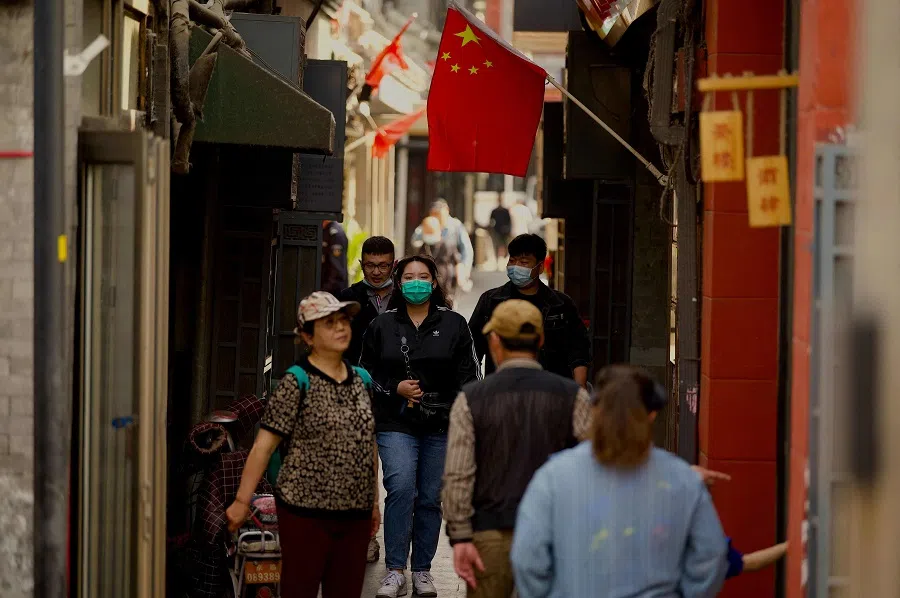
The process of electing delegates to the 20th Party Congress commenced in November last year. Higher-ups have constantly stressed that all electoral units must take party discipline, organisational discipline and electoral discipline very seriously and learn from the negative examples of vote-buying and electoral fraud in Hunan's Hengyang, Sichuan's Nanchong and Liaoning.
With strengthened supervision of the entire election process, disciplinary violations will be harshly dealt with if discovered.
Over ten Jiangsu candidates disqualified for using imposter identities
Be it leaders, cadres or ordinary party members, elected delegates to the party congress do not only participate in the event but also elect the new Central Committee. Since a delegate's status brings honour and a higher social standing, there will always be people striving to get elected.
Some go as far as to assume a fake identity during the election process. Specifically, some leaders and cadres or entrepreneurs have tried to change or conceal their identities to bypass verification so that they may participate in the elections as a party member working in manufacturing or at the frontline.
Xinhua reported in March that a grassroots party member had nominated an entrepreneur from Tianning District, Changzhou city, Jiangsu province who also worked in the manufacturing industry as a delegate to the 20th Party Congress.
But the Organisation Department of Tianning District discovered that he was actually a corporate investor and the main business manager of the enterprise. His main position was certainly not at the frontline of manufacturing. Thus he could not be elected as a worker delegate.
The report claimed that over ten people from Jiangsu were also disqualified from the election because their fake identities were uncovered during the verification process.
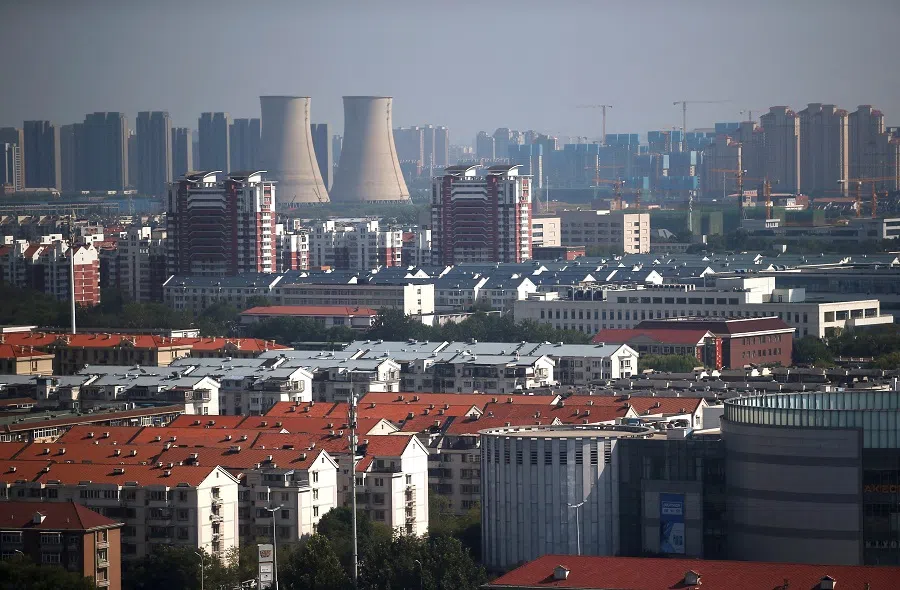
To prevent further such cases of fraud, Jiangsu innovatively adopted a "Multiple Identity Verification Form (多重身份认定表)" that details seven aspects of a candidate's work situation, including his or her job title, occupation, source of income, work location and wage relations. At the same time, the outcome of the verification process must also be signed and acknowledged by the person who recommended the candidate.
Delegate elections may be affected by Shanghai's grim pandemic situation
CCTV, Xinhua and other mainstream state media have been closely reporting the regional election of delegates. Reports claim that central departments and state organisations have completed the nomination process with a 100% participation rate of party organisations in all departments and over 99% of party members.
Ordinarily, the delegates of various provinces, municipalities and autonomous regions to the 20th Party Congress will be confirmed by the new provincial-level party committees set to be formed before the 20th Party Congress.
Since October 2021, over half of China's 31 provinces, municipalities and autonomous regions have finished reshuffling their party committees and provincial leaders. The remaining provinces, municipalities and autonomous regions will do likewise before the end of June.
Shanghai's party committee was last reshuffled in May 2017. But amid Shanghai's current grim pandemic situation, whether it can conduct a reshuffling exercise in May remains to be seen.
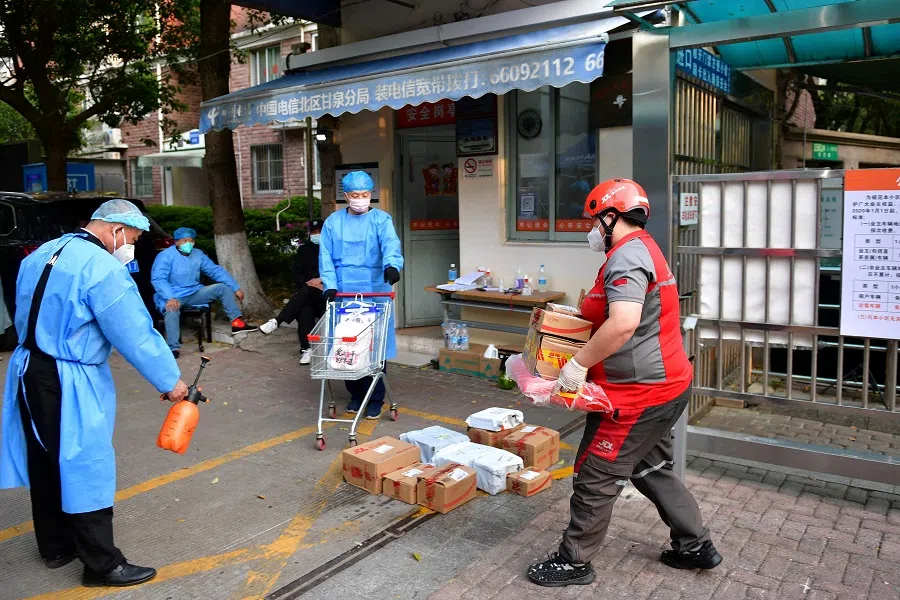
Provincial party committees that have yet to complete their reshuffles include those in the four municipalities of Beijing, Shanghai, Tianjin and Chongqing, where the party secretaries are also Politburo members, as well as Guangdong province. Among them, a new party committee will be installed in Guangdong and Beijing in May and June respectively.
Shanghai's party committee was last reshuffled in May 2017. But amid Shanghai's current grim pandemic situation, whether it can conduct a reshuffling exercise in May remains to be seen. But the elections are in full swing in various provinces, municipalities and autonomous regions, unaffected by these political reshuffles.
A review of elected delegates prior the Party Congress
Prior to the 20th Party Congress, elected delegates from the 38 electoral units will be scrutinised by the Delegates' Qualification Review Committee of the 20th Party Congress. Based on past precedent, elected delegates could be disqualified if serious disciplinary violations are uncovered.
Most of such disciplinary violations involve corruption.
For example, on 24 July 2017, investigations were launched into Politburo member and Chongqing party secretary Sun Zhengcai, who had also been elected as a delegate to the 19th Party Congress. As a result, he was barred from attending the 19th Party Congress.
In late September 2017, the CPC announced that 2,287 delegates were elected to attend the 19th Party Congress. However, a day before the event was set to commence on 18 October, the Delegates' Qualification Review Committee of the 19th Party Congress announced that only 2,280 delegates were qualified to attend, meaning that an additional seven people had been disqualified.
Since the smooth election of delegates lays the foundation for holding a successful 20th Party Congress, various levels and organisations within the CPC will not take this process lightly. As a major political event that occurs every five years, all moves surrounding the 20th Party Congress will be closely watched.
Related: Prelude to CPC's 20th Party Congress in 2022: Seven new provincial party secretaries appointed | Who's who among the new CPC leadership: Enroute to CPC's 20th Party Congress | China to prioritise economic stability ahead of CCP 20th Party Congress | Post-70s generation CPC stars jockey for position ahead of 20th Party Congress in 2022 | Provincial reshuffle: Post-70s generation cadres take up top positions in China | Stability and growth: Two Sessions' government work report spells out what China wants


![[Big read] When the Arctic opens, what happens to Singapore?](https://cassette.sphdigital.com.sg/image/thinkchina/da65edebca34645c711c55e83e9877109b3c53847ebb1305573974651df1d13a)


